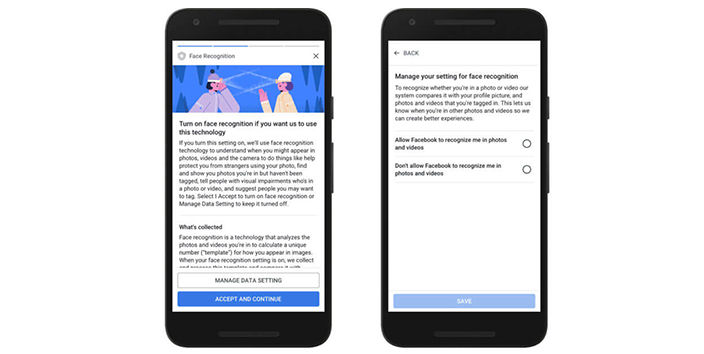GDPR or General Data Protection Regulation assures a user about his or her rights and abilities in data protection. Facebook recently announced new guidelines for the users on a global scale. The company has already started deploying their new guidelines and consent requests in Europe. Soon, the same procedures will take place on a worldwide level with all Facebook users around the world.
Facebook is planning to ask its users to think and decide on the privacy setting associated with their profile data. These decisions will then conclude which data is shareable with businesses to present ads to the users.
Why new GDPR notifications?
These new GDPR guidelines have been designed around the alignment of Facebook marketing with users’ consent. A user may or may not like to share data related to his or her Facebook profile. On the other hand, Facebook thinks that using such data can improve the relevance of ad presentation for the users. Plus, it can allow businesses to reach their target audiences. Hence, these new consent requests and GDPR regulations have been introduced to ensure that both users and Facebook team are on the same page.
What choices do Facebook users need to make?
There are a variety of decisions that Facebook is offering to the users with this roll out. Facebook profile users will have to think and make decisions regarding:
- Collection of data from partner websites
Almost every website owns a “Like” button associated with the Facebook page. These websites are the partners or third parties. Facebook desires to ask all these sites whether they can use the collected data in their ad targeting strategies. Site owners will have to decide and provide their consent before Facebook starts using their collected data.
- Providing personal information to marketers
Almost every data in a Facebook profile justifies as personal data. Users will have to decide if they agree to share that data with marketers. With the consent of a user, Facebook will share religious, relationship and political information with marketers. If a user doesn’t want such data to get shared for targeting, he or she will need to delete that data.
- Allowing facial recognition
Facebook is trying to improve security and privacy via facial recognition. However, activation of facial recognition will require the consent of a user, which Facebook plans to ask.
Users will see multiple screens asking for authorisation along with GDPR and data collection related details.
Why should you take it seriously?
Data sharing is about your comfort. Many people feel convenient sharing their personal information to get a better experience. However, many others like to avoid and keep their data protected.
According to Facebook, users should tend towards sharing their profile information with third-parties. This will allow them to get more personalised and relevant ads. But as mentioned earlier, most information incorporated in Facebook profiles justify as personal information. Hence, it is essential for Facebook to get consent from users.
Now, as a user, you need to understand your rights and features associated with data sharing. Only then, you can make an informed decision.






